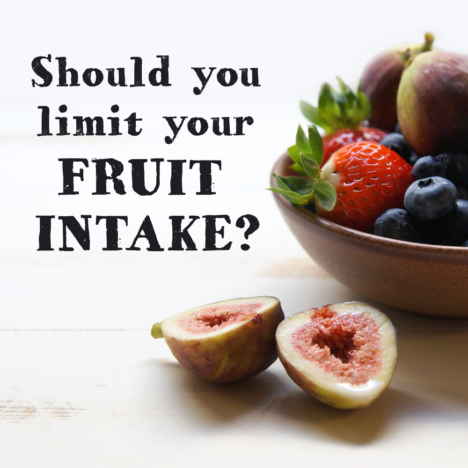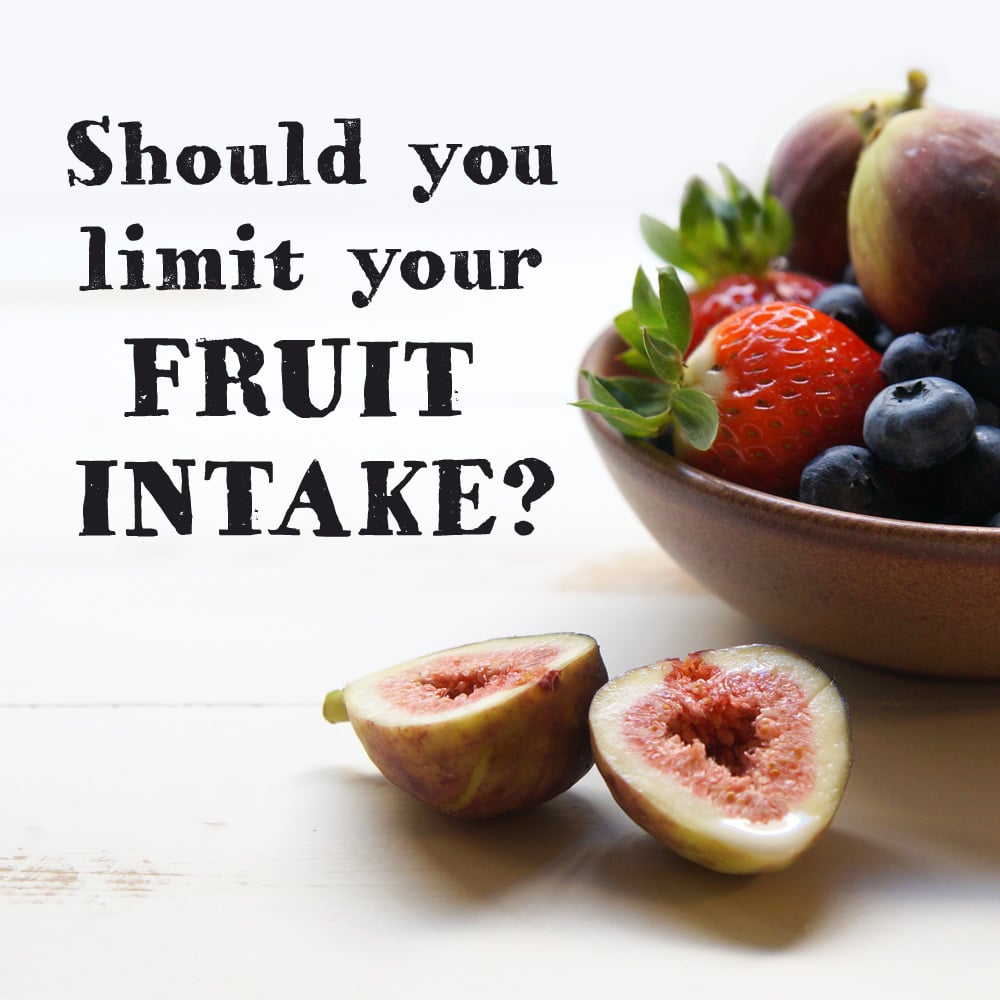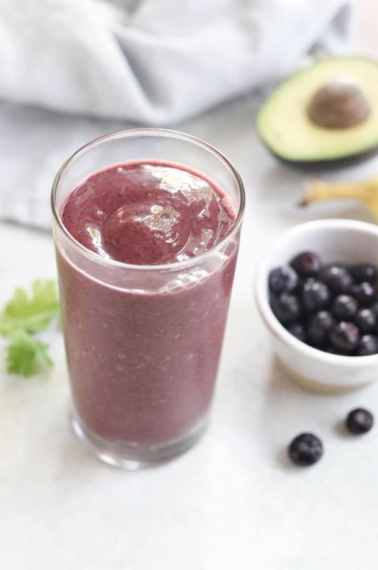This post may contain affiliate links. Please read my disclosure and privacy policy.
Do you ever worry about the natural sugar found in fresh fruit? Common sense should tell us that refined sugar is NOT the same as the sugar in fruit, but it’s still common to hear that you need to limit your sugar intake, and many experts throw fruit into that category.
After doing some digging, I’m convinced that the body does treat the sugar in fruit differently, and I’ve got research to back me up. So, today I’m going to address some common concerns about fruit using peer-reviewed studies in the hopes that it will lay any of your fruit fears to rest.
1. Can you eat too much fruit?
In a Harvard health publication, fruit is declared to be beneficial in almost any amount. A small study even put that theory to the test, having subjects consume a whopping 20 servings of fruit each day! Despite the high fructose content of this high-fruit diet, subjects had no adverse effects on body weight, blood pressure, insulin, or lipid levels. Another small study showed that a group eating 20 servings of fruit over a period of just 2 weeks significantly lowered LDL cholesterol, and possibly reduced the risk of cardiovascular disease and colon cancer.
(Other studies have shown that added sugar negatively affects cholesterol levels, with higher sugar consumption driving HDL cholesterol lower and triglicerides higher.)
2. Should diabetics limit fruit intake?
In this study, diabetics were divided into two groups. The group who reduced their fruit consumption showed no difference in weight, waist circumference, or diabetes management when compared to the group who ate at least two or more pieces of fruit each day. The researchers ultimately concluded that fruit should not be restricted in patients with type 2 diabetes.
3. What about “sweet” fruits?
In another study, my favorite sweetener– dates!– were put to the test on diabetic subjects. Dates are often considered to be a sweeter fruit higher in sugar, but this study concluded that dates do not result in a significant blood spike, and instead could have potential benefits when included in a healthy diet for diabetics.
4. What about the fructose in fruit?
Fructose has gotten a bad rap among many health activists, and with good reason. Industrial fructose (i.e. table sugar and high fructose corn syrup) is terrible for you! It can have toxic effects on your long term health, contributing to hypertension while also damaging your liver. However, this study published just two years ago shows that the fructose in fruit does NOT have the same effects on the liver or metabolism as industrial fructose, and this study shows that the natural fructose in fruit does not contribute to hypertension, either.
If you’re worried about blood sugar spikes, it turns out that fruit may actually blunt insulin spikes, too. In this study, researchers observed blood sugar levels after drinking a sugary beverage and then compared them to blood sugar levels after drinking the same sugary beverage, but with fruit blended into it. You might think that the sugar in the fruit would boost the overall blood sugar spike, since the overall sugar content is increased, but the added fruit actually lowered it. Another study came to the same conclusion. Researchers added berries to a high glycemic meal of white bread, and even though the meal was higher in overall sugar content, the added fruit actually lowered the overall blood sugar spike compared to just eating white bread alone. So, even if you’re not making the best diet choices, adding fruit can help!
5. Will eating fruit make me gain weight?
According to this study, eating fruit actually promotes weight loss. Researchers divided subjects into two groups: a low-fructose group with no added fructose or fruit, and a moderate-fructose group that included fruit in their diet. Guess what? Even though both groups were on a calorie-restricted program, the people who ate the fruit lost more weight than those on the low-fructose plan.
Does this mean you should eat fruit with reckless abandon? That depends on how fruit makes YOU feel as an individual. I just wanted to present you with this information because fruit has been lumped into the “sugar” category lately, and I don’t want you to avoid it simply because of misinformation or arbitrary rules. Remember, you’re the best expert for your body!
If you’d like some visual aids to help understand these studies better, Dr. Gregor has put together some excellent videos regarding these studies on the benefits of eating fruit. I’m a huge fan of his website, because he always makes things easier to understand! Check them out here and here.
—
Reader Feedback: Are you scared to eat too much fruit? Have you limited it in the past because you thought it would help you lose weight? If you know anyone who is still scared of fruit, please share this post with them!














When I was pregnant with both my children I wanted to eat more fruit and had an aversion to meat of any kind! I have always loved fruit and listened to my body, especially while pregnant and afterwards. My doctor said, “don’t be surprised if you gain a ton of weight!” That never happened. Actually, my weight remained healthy and normal while pregnant and I never gained a ton of weight. My experience is my own with fruit and pregnancy. Thank you for this article on fruit. I knew my instinct what not wrong.
I truly enjoy your website and all the recipes you post and have been following you for years! You’re recipes are delicious!